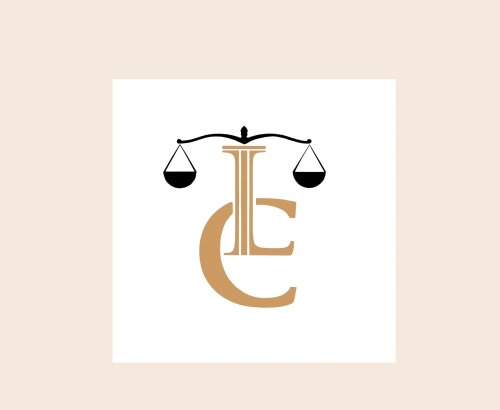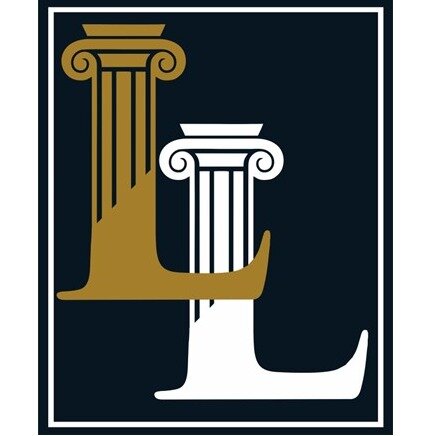Best Accounting & Auditing Lawyers in Philippines
Share your needs with us, get contacted by law firms.
Free. Takes 2 min.
Or refine your search by selecting a city:
List of the best lawyers in Philippines
About Accounting & Auditing Law in Philippines
Accounting and auditing in the Philippines are integral components of the financial infrastructure, ensuring transparency and accuracy in financial reporting. Accounting involves recording, classifying, summarizing, and interpreting financial information, while auditing is the independent examination of financial statements by an auditor. In the Philippines, these activities are regulated by various laws and standards to maintain financial integrity and protect stakeholders.
Why You May Need a Lawyer
Legal assistance in the field of accounting and auditing may be necessary for several reasons. Businesses and individuals may face complex financial disputes, compliance issues with financial regulations, or require assistance in interpreting and applying the latest accounting standards. Other situations may involve disputes related to tax liabilities, fraudulent activities, or issues that arise during the audit of financial statements.
Local Laws Overview
Key aspects of local laws relevant to accounting and auditing in the Philippines include adherence to the Philippine Financial Reporting Standards (PFRS) and Philippine Standards on Auditing (PSA). The Securities and Exchange Commission (SEC) and the Bureau of Internal Revenue (BIR) are major regulators that oversee financial reporting and taxation. Companies must comply with bookkeeping guidelines, audit requirements, and tax regulations to avoid penalties or legal consequences.
Frequently Asked Questions
What are the Philippine Financial Reporting Standards (PFRS)?
PFRS are the standards that entities in the Philippines must follow when preparing financial statements, ensuring consistency with international accounting standards.
Who needs to get their financial statements audited?
Generally, corporations and publicly listed companies in the Philippines are required to have their financial statements audited by independent certified public accountants.
What is the role of the SEC in accounting and auditing?
The SEC enforces financial reporting requirements and monitors the compliance of companies with accounting and auditing standards, aiming to protect investors and maintain fair markets.
How do accounting errors affect businesses?
Accounting errors can lead to financial misstatements, impacting business decisions, company valuation, and potentially causing legal and regulatory issues.
Why is auditing important for businesses?
Auditing assures that financial statements are accurate and reliable, helping to establish credibility with investors, lenders, and other stakeholders.
What types of audits might a business encounter?
Businesses may undergo financial audits, compliance audits, operational audits, and tax audits, each focusing on different aspects of the company's performance and obligations.
How can a lawyer help in a tax audit process?
A lawyer can provide guidance on legal rights and obligations, help prepare documentation, and represent the taxpayer in discussions with tax authorities.
What happens if a company fails to comply with accounting laws?
Companies may face penalties, fines, or legal sanctions, including potential damage to reputation and investor confidence.
What is forensic accounting?
Forensic accounting is the investigation of fraud or financial misconduct, where accountants analyze data to find evidence of financial wrongdoing.
How can one stay updated with changes in accounting regulations?
Consulting with professionals like accountants and legal advisors, subscribing to industry publications, and attending seminars can help keep one informed about regulatory changes.
Additional Resources
For further assistance, individuals can consult the Philippine Institute of Certified Public Accountants (PICPA), the SEC, and the Department of Finance. These organizations provide valuable resources and guidance related to accounting and auditing standards and practices.
Next Steps
If you need legal assistance in accounting and auditing, consider reaching out to a qualified lawyer specializing in financial law. They can provide tailored advice, represent you in legal proceedings, and help navigate the complex regulatory environment. Due diligence in selecting a reputable lawyer can ensure that your legal needs are effectively addressed.
Lawzana helps you find the best lawyers and law firms in Philippines through a curated and pre-screened list of qualified legal professionals. Our platform offers rankings and detailed profiles of attorneys and law firms, allowing you to compare based on practice areas, including Accounting & Auditing, experience, and client feedback.
Each profile includes a description of the firm's areas of practice, client reviews, team members and partners, year of establishment, spoken languages, office locations, contact information, social media presence, and any published articles or resources. Most firms on our platform speak English and are experienced in both local and international legal matters.
Get a quote from top-rated law firms in Philippines — quickly, securely, and without unnecessary hassle.
Disclaimer:
The information provided on this page is for general informational purposes only and does not constitute legal advice. While we strive to ensure the accuracy and relevance of the content, legal information may change over time, and interpretations of the law can vary. You should always consult with a qualified legal professional for advice specific to your situation.
We disclaim all liability for actions taken or not taken based on the content of this page. If you believe any information is incorrect or outdated, please contact us, and we will review and update it where appropriate.
Browse accounting & auditing law firms by city in Philippines
Refine your search by selecting a city.
















